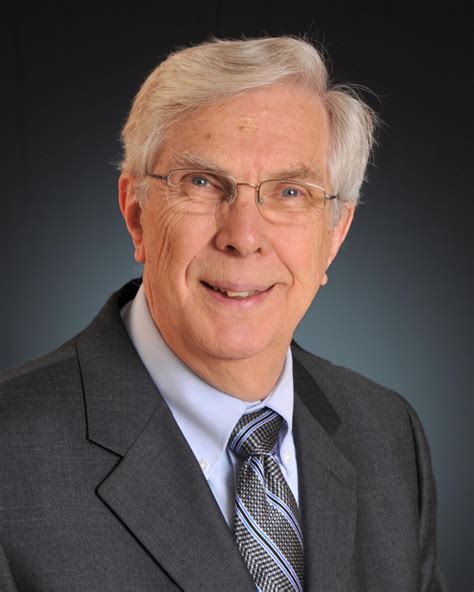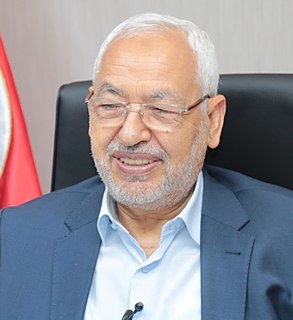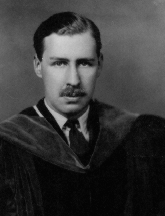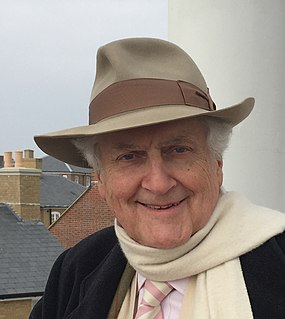A Quote by Stephen V Monsma
Religion is removed from the public realm, and the public realm is removed from the affairs of religion. However, this is not neutrality. Implicitly, it supports secularism.
Quote Topics
Related Quotes
We must take the abiding spiritual values which inhere in the deep experiences of religion in all ages and give them new expression in terms of the framework which our new knowledge gives us. Science forces religion to deal with new ideas in the theoretical realm and new forces in the practical realm.
The public realm in America has two roles: it is the dwelling place of our civilization and our civic life, and it is the physical manifestation of the common good. When you degrade the public realm, you will automatically degrade the quality of your civic life and the character of all the enactments of your public life and communal life that take place there.
The Constitution forbids states from banning all religion from public spaces and from making churches the ghettos of religion where all manifestations of faith are kept separate from public life. Religious people have an equal right to participate in the public square and to have their contributions to Oklahoma history and society recognized.
For the last 250 years or so, secularists have waited patiently for the fulfilment of their prediction that religion would die out in the next generation or two. But religious people have been singularly uncooperative, and new strategies have developed for controlling this blight on human progress. If religion won't "wither away" as philosopher Richard Rorty has wished, then perhaps it can be privatized and thereby removed from influence on public life‚ - sort of like localizing an outbreak of the plague.
The best way to alleviate the obesity "public health" crisis is to remove obesity from the realm of public health. It doesn't belong there. It's difficult to think of anything more private and of less public concern than what we choose to put into our bodies. It only becomes a public matter when we force the public to pay for the consequences of those choices.
All buildings, large or small, public or private, have a public face, a facade; they therefore, without exception, have a positive or negative effect on the quality of the public realm, enriching or impoverishing it in a lasting and radical manner. The architecture of the city and public space is a matter of common concern to the same degree as laws and language—they are the foundation of civility and civilisation.































